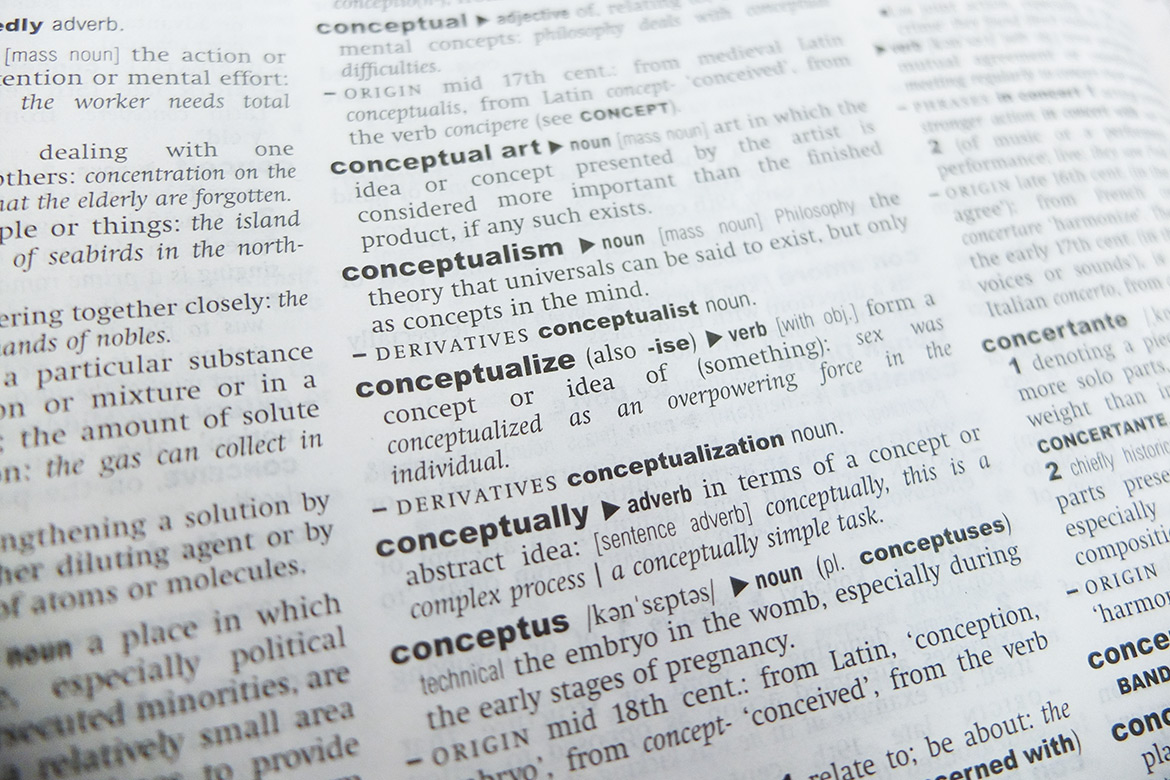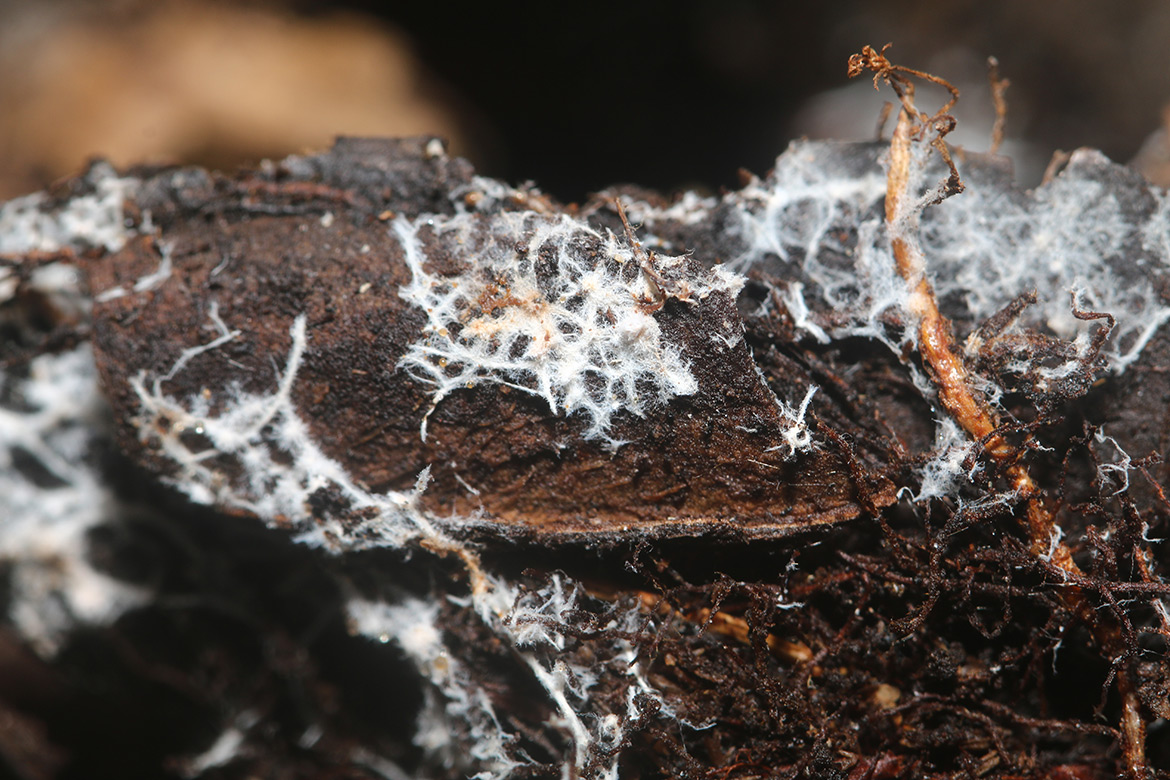Concepts
Resilience
We look at how the idea of ‘increasing your resilience’ caught on in society. And why it’s problematic.

Photo: Florian Fisch
Rubber is a substance that you can bend without breaking it. But if you do the same to a piece of clay, it crumbles. The term ‘resilience’ originated in the field of materials science. But today, we used it to refer to how people and systems adapt to disruption. It was initially popularised in this sense in developmental psychology, when a long-term study with children back in 1971 led to the conclusion that resilience can be learnt and is not innate. In the 1980s, the sociologist Aaron Antonovsky founded ‘salutogenesis’, which focuses on what contributes to our health and well-being instead of asking about the causes of illness.
Today, this idea is found everywhere in society. In 2017, the Bertelsmann Foundation concluded that resilience is “a kind of new compass” that is increasingly replacing the concept of sustainability. But the sociologist Stefanie Graefe finds this unwise: “‘Resilience’ is now an alternative to criticising your working conditions. It means your employer can tell you that if you can’t cope with your work situation, you’ll have to increase your resilience.”




